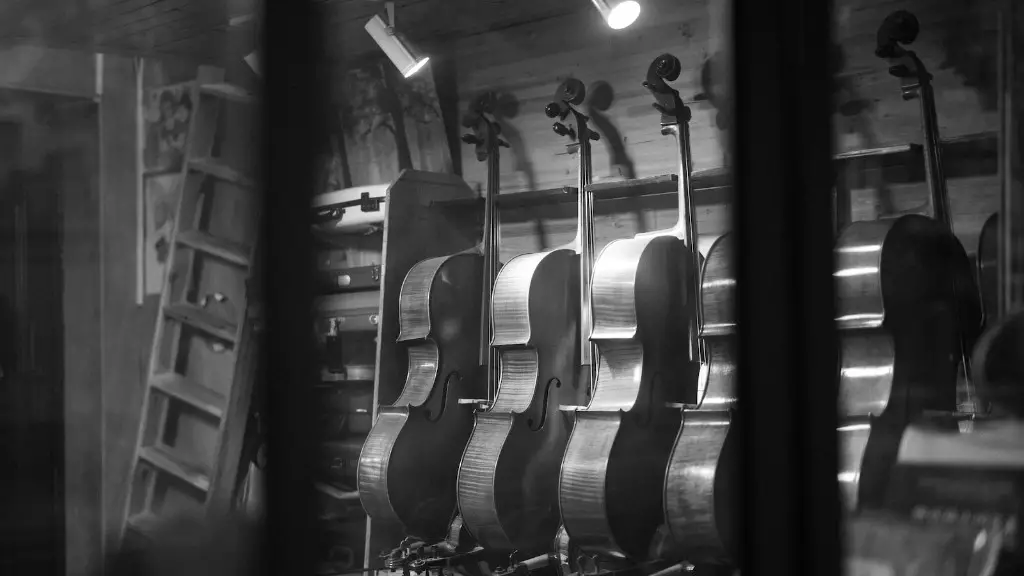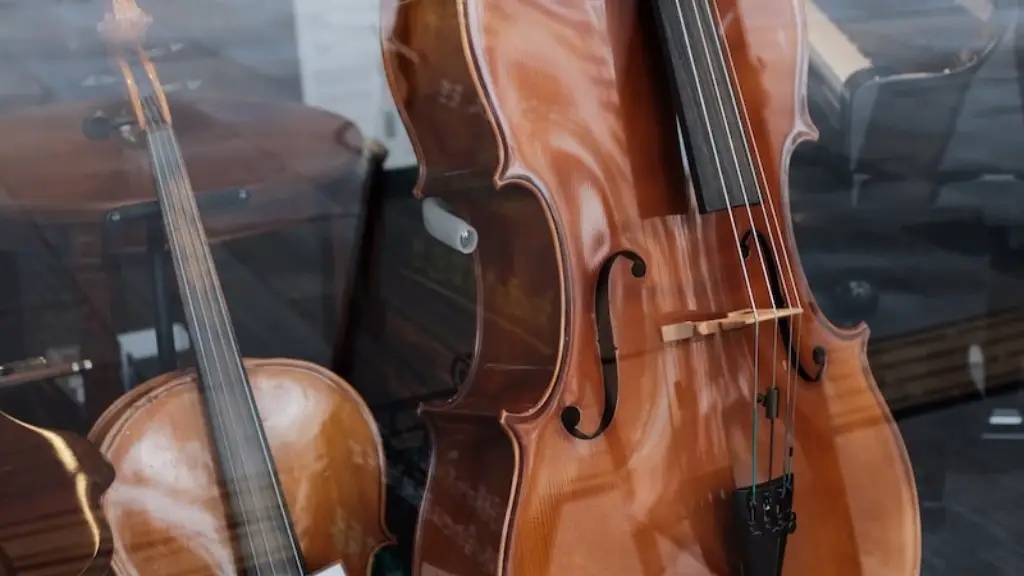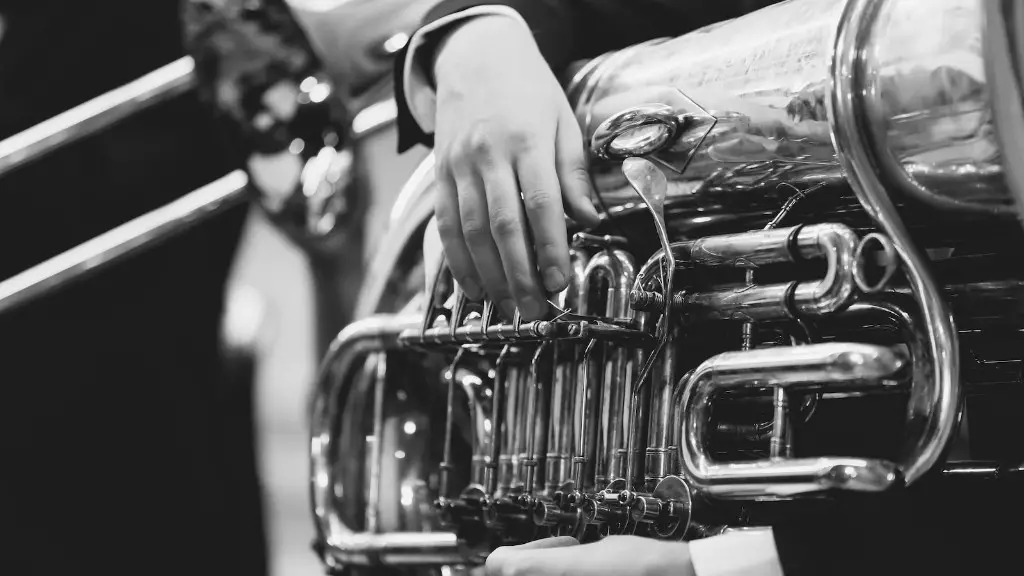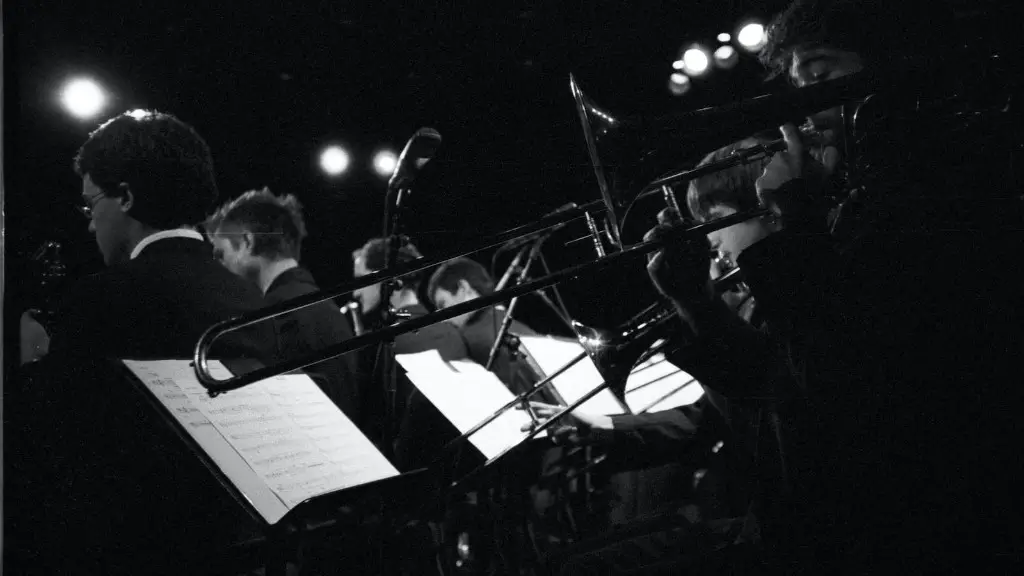Jazz trumpet is a unique and complex genre of music. It combines elements of swing, bebop and modern jazz to create an expressive sound. If you’re a beginner jazz trumpeter, you may be feeling overwhelmed. But with some practice and dedication, you can become an accomplished jazz trumpeter.
The first step to playing jazz trumpet is to gain an understanding of the fundamentals of music theory. This will help you develop good technique and learn how to read music. You should also learn about different scales, chords, and rhythms associated with jazz. Practicing these will help improve your sound.
It’s also important to listen to recordings of great jazz players such as Miles Davis or Louis Armstrong. This will help you develop your own unique style and sound. Finally, don’t forget to have fun! With some practice, you can become an accomplished jazz trumpeter in no time!
Learn the Basics of Jazz Trumpet
Playing jazz trumpet can be challenging, but with the right practice and guidance, anyone can learn how to play. Start by mastering the fundamentals, such as breath control, proper embouchure, and articulation. Once you understand these basics, you’ll be ready to move on to more advanced techniques. Practice scales, arpeggios, and licks regularly to develop your sound and technique. Learn how to improvise by listening to jazz records and transcribing solos. As you progress, focus on blending in with a band or ensemble and playing with creativity and expression. Finally, challenge yourself by exploring different genres of jazz music like bebop or fusion.
Don’t forget that practice makes perfect. The more you practice jazz trumpet, the better you’ll get at it! Join a band or group of musicians who are willing to help you develop your skills and have fun while doing it. With dedication and hard work, you’ll soon find yourself becoming a master of jazz trumpet!
Develop Your Tone and Technique
Learning how to play jazz trumpet for beginners can be a daunting task. Fortunately, with a little practice and dedication, you can develop your tone and technique. To start, practice scales with a metronome. This will help you improve your timing and accuracy. Additionally, work on long tones for extended periods of time to strengthen your embouchure and breathing technique. As you become more comfortable with scales, start incorporating articulation exercises into your practice sessions. This will help you get used to playing different rhythms and styles.
Finally, listen to recordings of great jazz trumpeters like Miles Davis or Dizzy Gillespie as often as possible. This will give you an understanding of the nuances of their playing style that you can apply to your own playing. Additionally, transcribing solos is an excellent way to develop your technique by learning from the masters directly! With dedication and hard work, it is possible to develop the tone and technique necessary to become a great jazz trumpeter!
Listen and Learn from Experienced Players
If you are looking to learn how to play jazz trumpet, you need to start by listening and learning from experienced players. Jazz trumpet is a tricky instrument, so it’s important to find experienced mentors who can help you along your journey. Start by listening to recordings of some of the great jazz trumpeters, like Miles Davis and Dizzy Gillespie, as well as modern players like Wynton Marsalis. Listen carefully and take notes on their style, tone, phrasing, and other techniques they use.
Once you have a basic understanding of the fundamentals of jazz trumpet playing, look for opportunities to watch live performances or lessons with experienced players. Pay attention to their technique, dynamics, and improvisation skills. Ask questions when appropriate and take notes on what they say; this will help you better understand how they create the music they play. Finally, practice your own playing in order to bring out any tips or tricks that you picked up from these experienced players. Boldly explore your own style and develop your own sound!
Understanding Jazz Theory
Jazz is a complex form of music that requires an understanding of musical theory to play it properly. Learning how to play jazz trumpet requires knowledge of chords, scales, and harmony. Chords are groups of notes played together to create a certain sound. Scales are sequences of notes that create a particular feel and mood. Finally, harmony is the relationship between different notes in a song or piece. A good understanding of these three components is essential for playing jazz trumpet.
In addition to having an understanding of music theory, it is important to be comfortable with improvisation. Improvising involves taking what has been learned and playing it in your own unique style. This can be done by playing around with different rhythms or melodies, creating your own solos, or even experimenting with different sounds and effects. With practice and dedication you can learn how to play jazz trumpet and make your own mark on this classic style of music.
Practice Scales, Chords, and Arpeggios
One of the most important elements of playing jazz trumpet is to practice scales, chords, and arpeggios. These components will help you develop your technique and musicality. Scales are a set of notes that form a melodic line. Chords are groups of three or more notes played together. Arpeggios are broken chords in which the notes are played one after the other. Practicing these elements will help you become more familiar with the sound of jazz and make your playing more expressive.
When practicing scales, it’s important to focus on rhythm and dynamics. You should also work on playing cleanly in all registers. When practicing chords, focus on playing them in different rhythms and using different articulations such as staccato or legato. Finally, when practicing arpeggios try to play them with a variety of tempos and use different articulations as well as dynamics to create interesting musical phrases. By regularly practicing these elements you will be able to develop your jazz trumpet skills.
Exploring Different Playing Styles
Learning to play jazz trumpet can be intimidating, but it doesn’t have to be. The key is to explore different playing styles and find one that suits your individual abilities and taste. Different styles can include improvisation, big band swing, Latin jazz, funk and more. Explore each style and practice the fundamentals of trumpet playing such as posture, breath control, fingering, articulation and sound production. Experiment with different approaches and create your own unique style.
Once you have developed a good foundation in basic trumpet techniques, begin to develop your own personal playing style by listening to jazz recordings from various eras and genres. Focus on the dynamics of the music – how the different instruments interact with each other – and learn from others’ solos. You can also practice with backing tracks so you can get comfortable with improvising over certain chord progressions or melodies.Don’t be afraid to try something new, take risks in your playing and explore different musical ideas that come to mind. With some dedication and practice you will soon be able to play jazz trumpet like a pro!
To Sum it All Up
Playing jazz trumpet for beginners is quite a challenge, but it can be done with the right tools and resources. Before you start, you should make sure you have the proper instrument and practice materials. Once you’ve got that, you should start by learning about the different elements of jazz trumpet playing, like scales and chords. Listen to recordings of professional players and learn from them as much as possible. To improve your playing, practice consistently and focus on developing good technique. By applying yourself diligently to these tasks, you’ll be well on your way to becoming a great jazz trumpet player in no time.
With hard work and dedication, anyone can learn how to play jazz trumpet!




